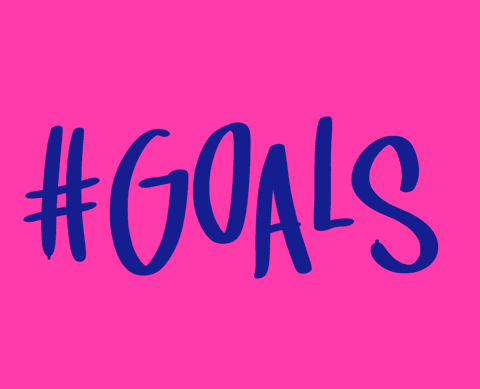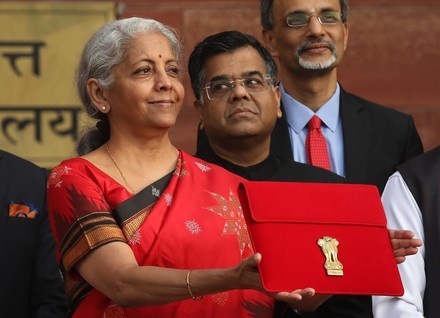|
For most of history, insurance has only been sold and not advised.
We know as women, we have been told by insurance agents about the “best” insurance plans for us. But once we take them, they’re not really tailored to our needs and at most times don’t benefit either gender. The result? We lose faith in people trying to sell us financial products, including something as important as insurances. If you thought that this number of women we’re talking about a minority, think again!

In fact, we at Basis ran a survey to understand this gap and the need for health insurance better.
21% of women we surveyed, said that they did not have a health insurance policy
8% mentioned they were covered by their partner’s employer.
43% had health insurance cover solely from their employer.
Now let’s look at this data with a far finer lens. The problem with getting a company covered insurance means that it could be a generic policy and not a comprehensive one and it may not cover specific concerns that arise for women such as IVF, maternity care, PCOS amongst others. Plus when you do leave your company, you may not be able to continue this existing policy and you’ll have to start all over. What gets affected? Any pre-existing conditions you may have had covered previously may get rejected in a new policy.In case this feels like an infinity loop, there’s a way out of this. Let’s break down your health insurance needs per decade and then tell you how you could strategise and tackle this.
What does this mean for you?
When you’re in your 20s:

You’re at your healthiest. Utilise this to your advantage. You can take risks and use the power of compounding. Your primary medical needs will include hospitalisation costs, which your company might cover for you, but it’s best to buy a basic plan. This acts as a security blanket in case you can’t avail your company’s plan – you might quit, decide to study further, move jobs or might want to take a sabbatical.
While choosing a health care plan, keep in mind your future needs. In your late 20s or even later, you might develop lifestyle conditions like thyroid or PCOS. In such situations, you will be at a disadvantage if your plan doesn’t cover it already.
Don’t shy away from maternity insurance — this doesn’t mean you have to have kids any time soon.
The waiting period can be anywhere from two years to six years, sometimes more. Also, it’s better to buy a plan sooner than later because those with longer waiting periods tend to be cheaper.
An INR 5,00,000 cover for someone in their 20’s comes in at ~ INR 7,000 annual premium.
Plan for life changes in your 30s

You’re a seasoned professional now and this is the time to give your insurance a second look. To be safe, you might want to freeze your eggs and be prepared for a reproductive treatment in the future. Since the costs of IVF and reproductive health procedures are high, and there are very few insurance products that actually cover these, consider taking a comprehensive health cover that has cover for fertility treatments. These are limited, so you might have to actively seek them out.
An INR 5,00,000 cover for someone in their 30’s comes in at ~ INR 10,000 annual premium. This is standard premium and could be higher should you have any pre-existing conditions.
The 40s and retirement!

Get yourself a critical illness cover. We can’t stress this out enough. It protects you from the loss of income in case you are diagnosed with an illness that has an extended treatment or recovery period. Pick a company that has a high claim settlement ratio. Ideally above 95%.
Similarly, government-backed insurance isn’t necessarily better. Do your research and window shop a little before settling on the plan for you.
Your employer-provided insurance is a web of protection for the duration that you are working with that company, having a personal cover enhances that security for yourself.
Fun fact: Leading corporates are including various health insurance benefits not covered previously in the company provided cover, for instance, two weeks ago Accenture announced that they are enhancing health benefits to include higher maternity covers, infertility treatments, mental wellness amongst others.
Everything you need to know about Sukanya Samriddhi Yojana
Nov 13, 2024
Financial Resilience: Lessons from the Women of House of the Dragon
Sep 2, 2024
5 Things You Should Know Before Taking a Loan 👩💼💸
Aug 21, 2024
The Pink Tax: Why Women Pay More for the Same Products 💸👩
Aug 14, 2024
Budget 2024: A Win or a Loss for Women? 🎉💼
Jul 25, 2024
Unlocking your go to guide to navigate Gold 🌟
Aug 28, 2023








